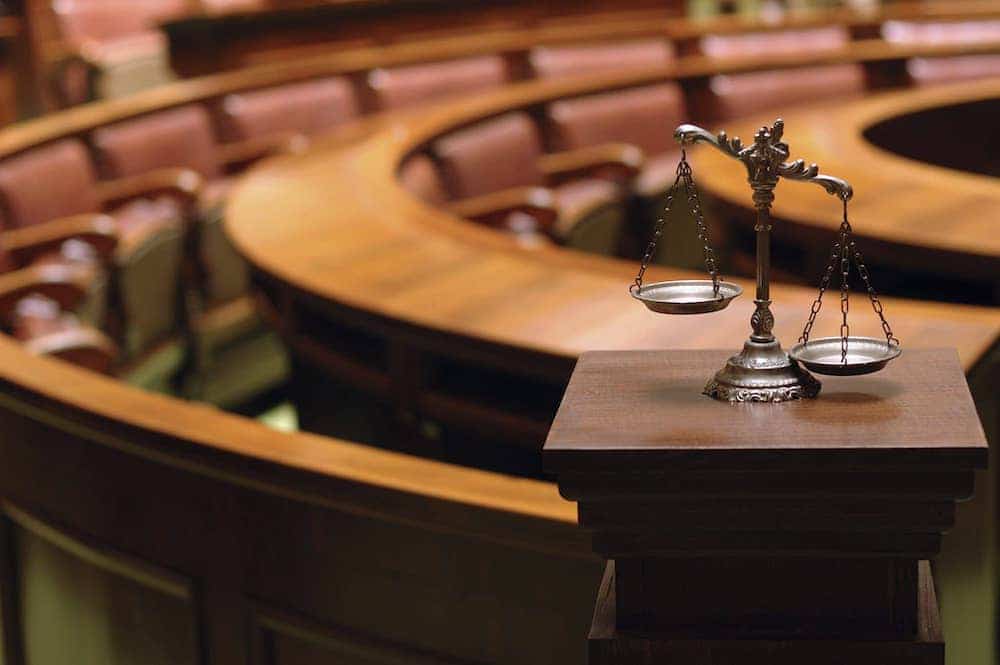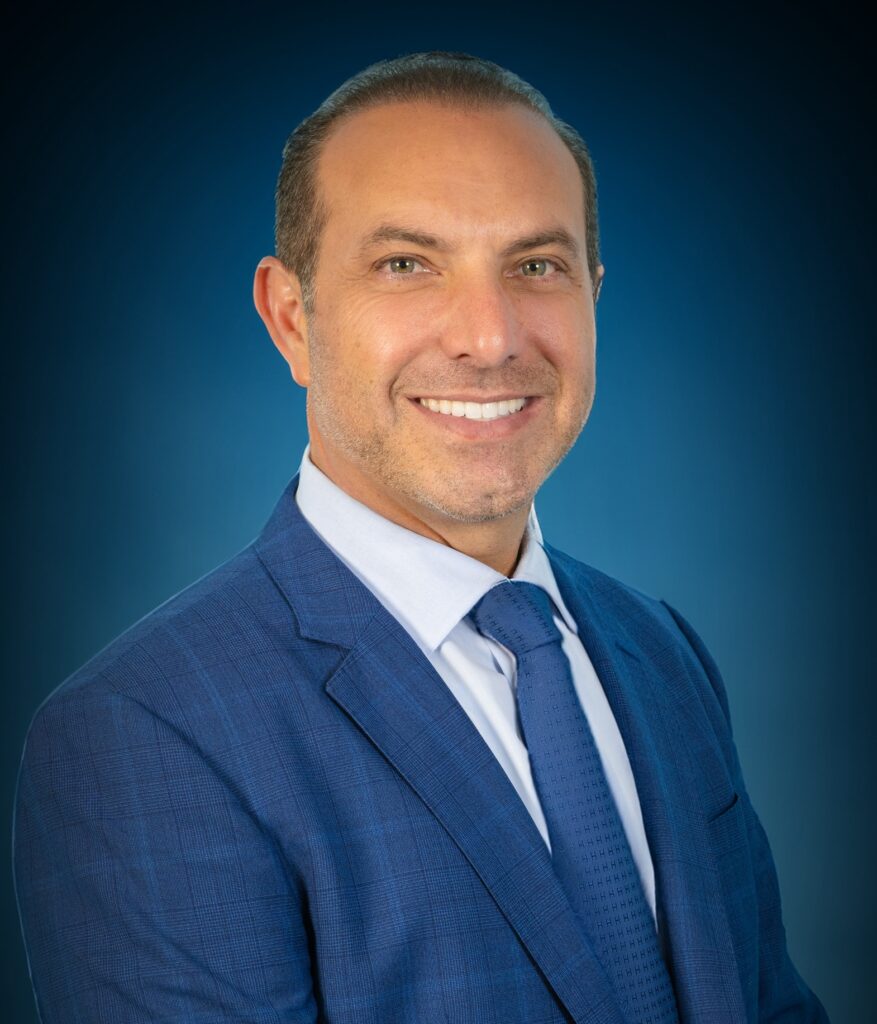
Probate
When California residents die with assets in their name valued over $184,500 (on or after April 1, 2022), their estate is subject to formal probate proceedings. Probate is the legal process through which the court oversees the winding up of the decedent’s affairs, including, but not limited to marshaling and protecting the decedent’s assets, filing all applicable tax returns, payment of debts, and the distribution of the estate’s assets to the decedent’s heirs or the will’s beneficiaries as the case may be.
Meet Our Professional Estate Planning Team

Ronson J. Shamoun, Esq., LL.M
Principal and CEO
Master in Laws of Taxation
Email: [email protected]
Phone: (619) 595-1655

Brian M. Malloy, Esq.
Of Counsel
Email:[email protected]
Phone: (619) 595-1655

Steve S. Mattia, Esq.
Of Counsel
Email:[email protected]
Phone: (619) 595-1655
California Laws
If the decedent had a will, the person named as the executor will file the original will with the court along with a petition requesting that he or she be appointed as executor of the estate. If there is no will, any person may petition the court requesting that they be appointed as the personal representative of the estate, which appointment is determined by the Probate Code and the court.
After the petition is filed with the court, all beneficiaries and heirs are provided with notice of the probate proceeding and notice is made public through publication in a local newspaper. Thereafter, any interested person may challenge the petitioner’s appointment as the personal representative or contest the admission of the will into probate.
Once appointed, the personal representative will locate and take control over the assets of the estate, take an inventory of the assets, have the assets appraised by the Probate Referee; identify and provide notice to creditors; file tax returns; and distribute the estate’s assets pursuant to the court order. At all times during the probate proceedings, the personal representative must act in the best interest of all beneficiaries or heirs entitled to distribution of the estate’s assets and in accordance with applicable federal, state, and local laws.
Both the personal representative and the attorney for the personal representative are entitled to the same statutory fees for ordinary services provided to the estate as set forth in the Probate Code, which are paid at the conclusion of the probate proceedings. The fees are calculated based on the gross value of the estate:
- 4% of the first $100,000
- 3% of the next $100,000
- 2% of the next $800,000
- 1% of the next $9,000,000
- 0.5% of the next $15,000,000
- For all amounts above $25,000,000, a reasonable amount to be determined by the court
RJS LAW’s trusts and estates attorneys have assisted numerous clients in administering estates of all sizes and complexities and can guide you through the many technical aspects of a probate proceeding to minimize time and expense. If you recently lost a loved one, we are here to help you every step of the way. Call for a complimentary case evaluation (619) 595-1655
Contact Us
